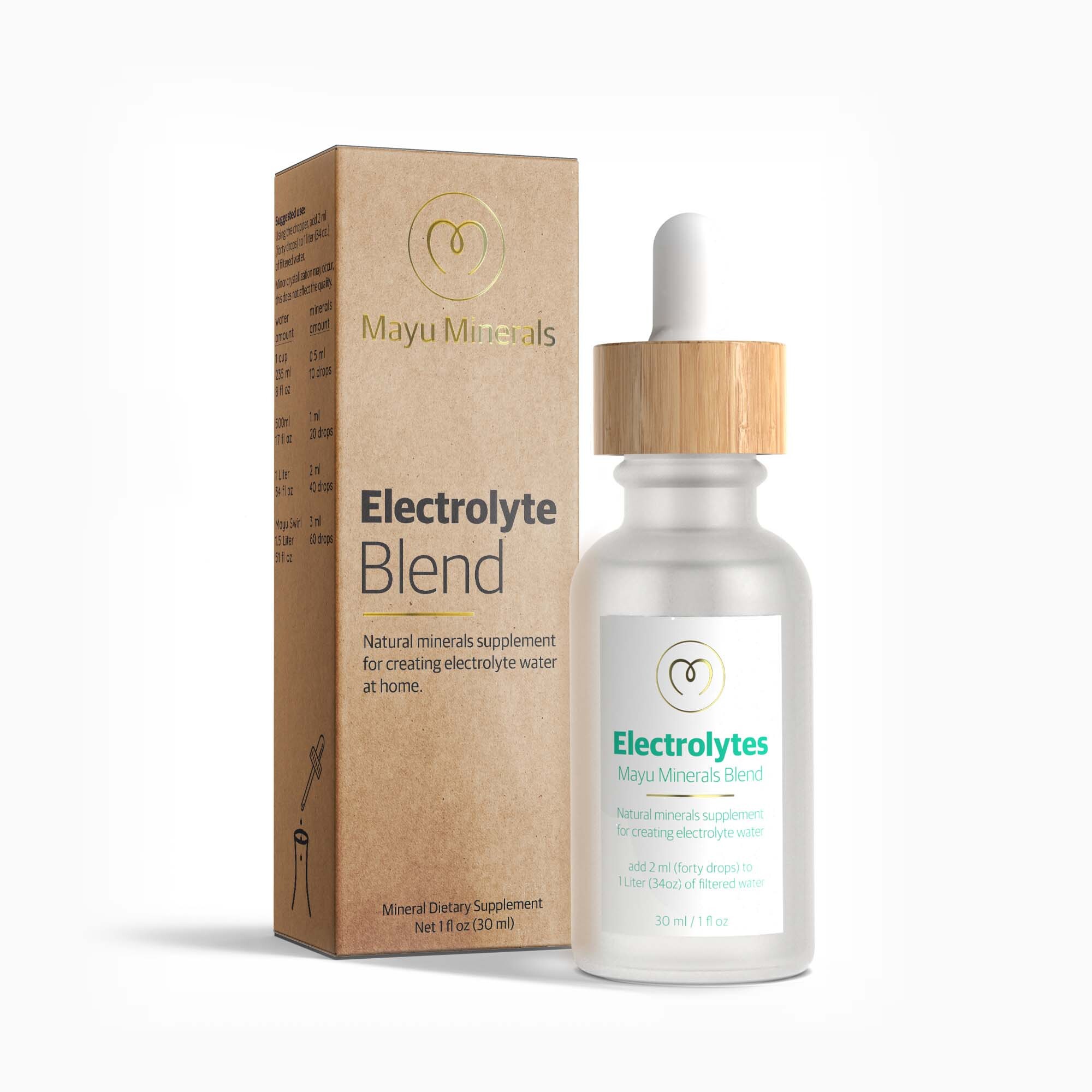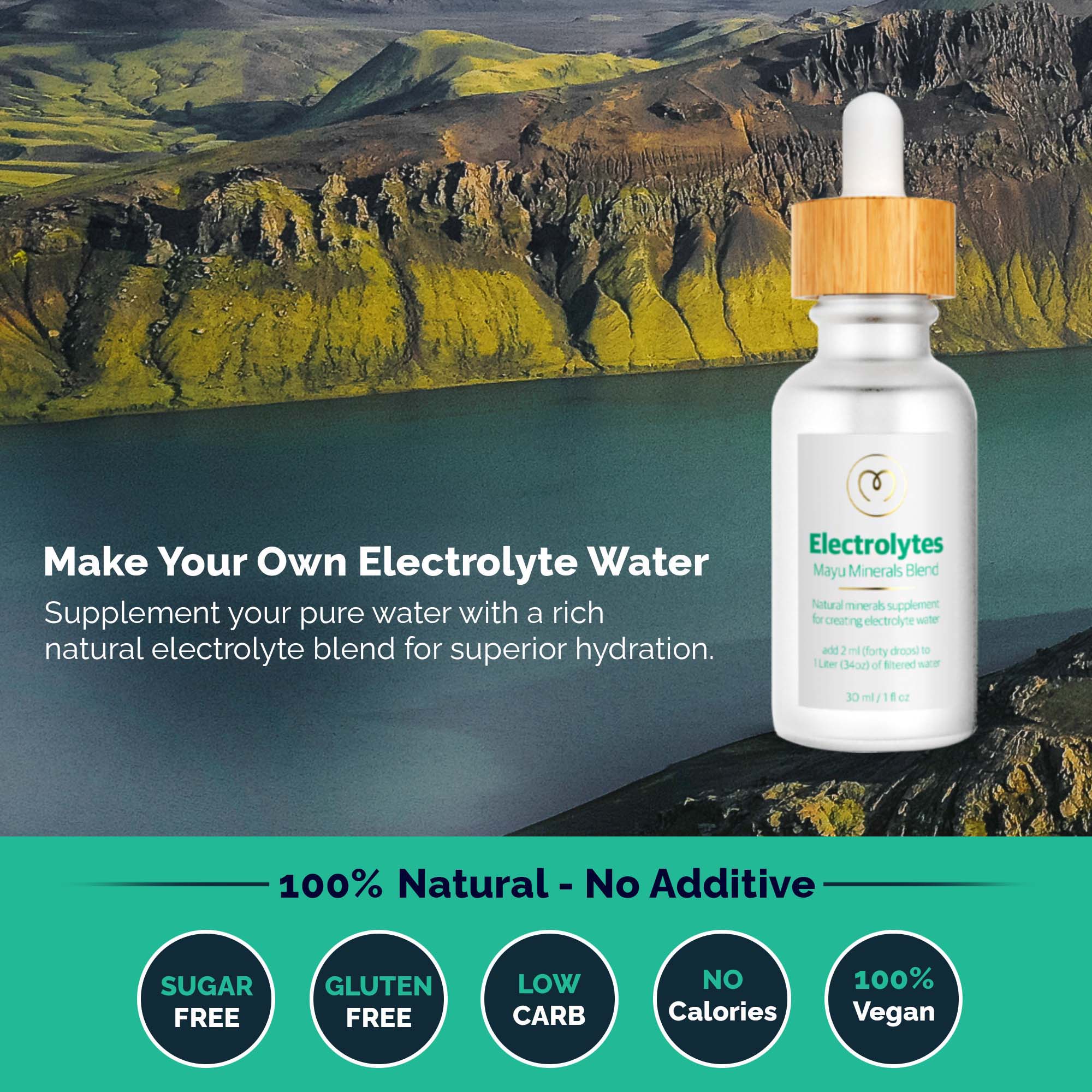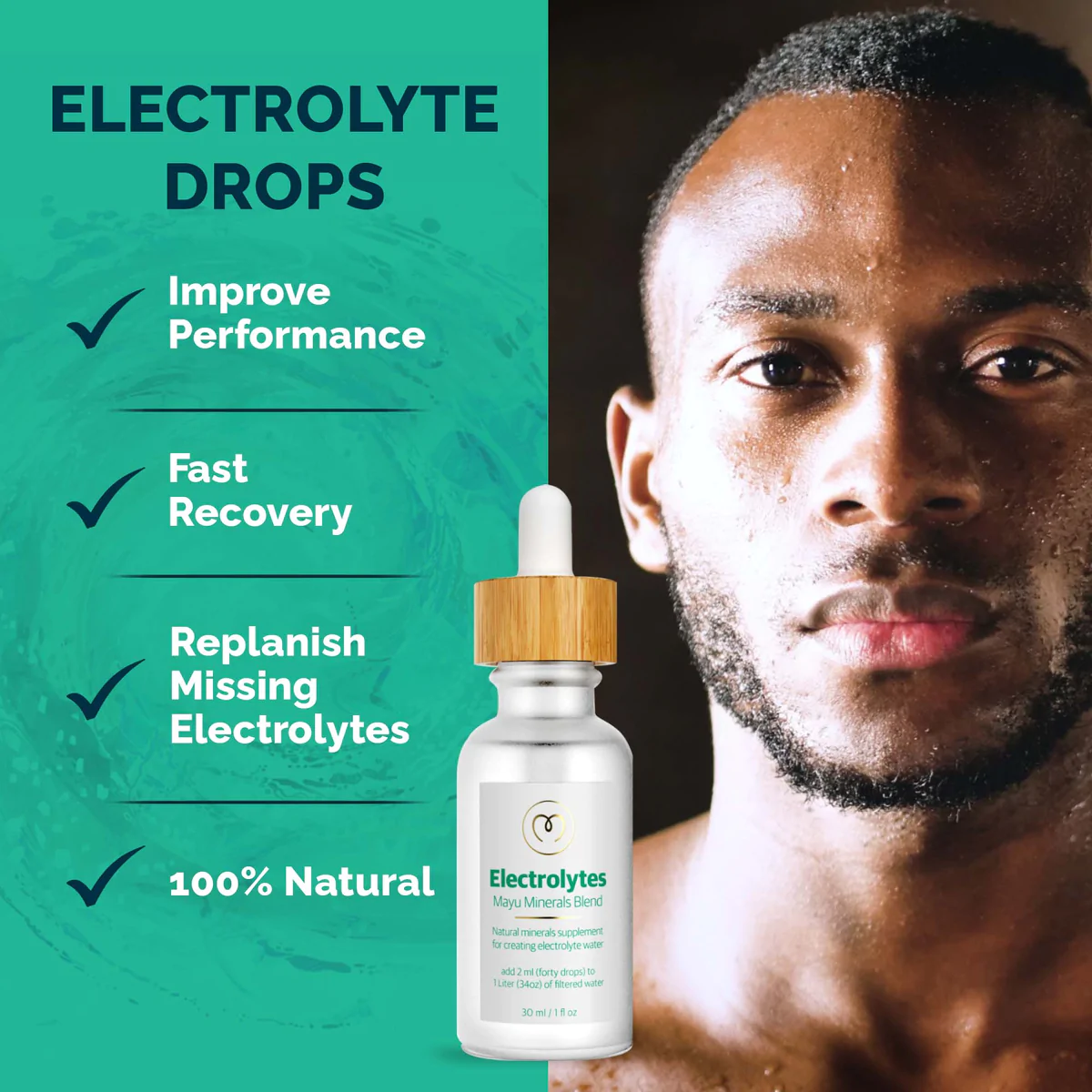How to Rehydrate After Vomiting: 7 Essential Recovery Tips
Feeling like a deflated balloon after throwing up? Learn how to rehydrate and bounce back
Published October 7, 2024

Driving dehydrated might be as risky as driving under the influence, according to a recent study. Just as the road demands a clear head, your body needs optimal hydration.
Beyond the apparent discomfort of dehydration lies a need to replenish fluids and essential minerals. Let's explore the intricacies of rehydration and uncover how to restore electrolytes after vomiting.
How Vomiting Affects Electrolyte Balance
Electrolytes like sodium and potassium are crucial for maintaining the balance of fluids for our cells. They also maintain PH levels, cell function, nerve transmission, and help with muscle contractions.
Vomiting causes an electrolyte imbalance in the body. When it happens, our body forcefully expels fluids and essential electrolytes that help regulate important bodily functions. The result is fatigue and low energy levels.
7 Effective Rehydration Techniques
- Sip on clear fluids: Sip on small amounts of water, herbal tea, or diluted fruit juices to gradually reintroduce fluids into your system.
- Oral rehydration solutions: Consider consuming oral rehydration solutions (ORS) that contain a precise balanced mix of electrolytes and glucose.
- Ice chips or popsicles: These can be soothing on the stomach and help rehydrate while refreshing you.
- Coconut water: A tasty, low-sugar natural source of electrolytes
- Broth-based soups: Warm and clear broths provide hydration and contain some essential minerals.
- Sports drinks: These beverages contain electrolytes and carbohydrates, which can help replenish fluids and help you recover from dehydration.
- Small amounts of easily digestible foods: Eating bananas or rice provides extra nutrients.
Understanding Rehydration After Vomiting
Replenishing the fluids and electrolytes you lose after being prevents dehydration and restores the body's delicate balance. Without proper rehydration, you may experience symptoms such as:
- Dizziness and shortness of breath
- Fatigue
- Dry mouth
- Headaches
- Dark urine
- Muscle cramps
- Increased thirst
- Decreased urine output
Note: Dehydration can lead to more severe complications if left untreated, especially in cases where vomiting persists. Focus on rehydration to support your overall health and facilitate a speedy recovery.
Signs of Severe Dehydration
Prolonged or severe dehydration results in serious complications, including:
- Seizures
- Confusion
- Heatstroke rapid heartbeat
- Low blood pressure
- Decreased urine output
- Organ failure (in extreme cases)
The Ripple Effect of Dehydration
Dehydration can extend its impact beyond physical symptoms. It can also weaken the immune system, worsen medical conditions, and impair cognitive and physical performance. This ripple effect underscores the importance of taking immediate action.
ProTip: Assess progress in rehydration to determine when medical attention may be necessary. You can do it by monitoring symptoms.
What You Should Drink After Vomiting
1. Ready-Made Solutions
When it comes to efficient rehydration and replenishing electrolyte levels, oral rehydration solutions (ORS), Pedialyte, or Gatorade are designed to replenish fluids.
These solutions—readily available at stores and pharmacies—provide a balanced mix of electrolytes and sugars, allowing optimal absorption.
» Explore the best ways to add electrolytes to your drinking water
2. DIY Rehydration Elixir
You can make your rehydration solution by mixing water, a pinch of salt, and a small amount of sugar or honey to taste. This homemade drink can be a cost-effective alternative that still provides the necessary electrolytes.
3. Homemade Herbal Infusions
Try herbal teas like nettle, hibiscus, chamomile, or ginger. They can hydrate you because they have trace amounts of electrolytes and are soothing to the stomach.
4. Electrolyte Replacement Supplements
You can add electrolyte replacement supplements like MAYU Water's Electrolytes Drops to your preferred drink as a hassle-free way to rehydrate.
Note: If you've been diligently rehydrating but symptoms persist or worsen, it may be a sign that you need medical attention.
Tailored Approaches to Rehydration After Vomiting
- Children: The best way to rehydrate after being sick is pediatric oral solutions specifically formulated to meet their needs. They may need smaller, more frequent sips to prevent more vomiting.
- Elderly: Older people may have compromised kidney health, reduced sense of thirst, or be prone to dehydration due to underlying health conditions. They should drink water regularly.
» Understand the causes, symptoms, and treatment of electrolyte imbalance
Road to Rehydration After Vomiting
Do not ignore persistent symptoms or delay seeking medical help if needed. Healthcare professionals can provide further guidance, perform necessary tests, and tailor treatment plans to your needs.
As you recover, consider convenient solutions like MAYU Water's Electrolytes Drops, which quickly boost essential minerals in your drinks. Your well-being is your most valuable asset, so listen to your body and act decisively.


















































